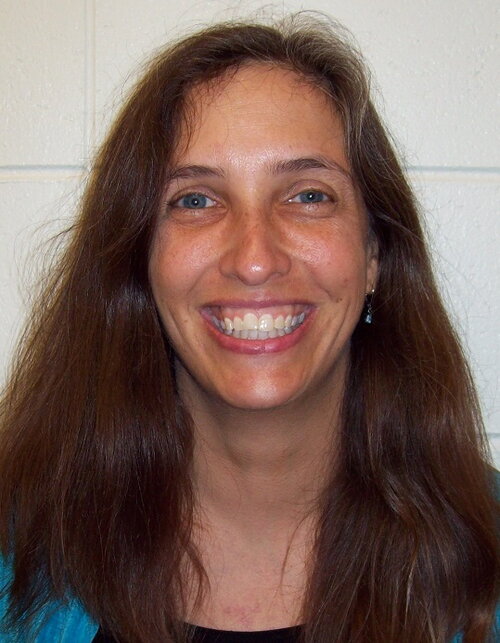
Contact Information
505 S. Goodwin Ave
Urbana, IL 61801
Research Description
Population, community and evolutionary ecology; life-history evolution; disease ecology; limnology
We focus on questions at the interface of population, community and evolutionary ecology. At its core, our research focuses on how biodiversity arises, how is it maintained, and what is its functional significance from the scale of organismal traits to ecosystems. Our lab focuses on three related areas of inquiry:
- How do ecological and evolutionary processes interact to shape life-history variation?
- How do feedbacks between genetic and species diversity influence metacommunity dynamics?
- How do ecological and evolutionary processes interact to shape the distribution and abundance of disease?
Education
1997 Ph.D. in Ecology and Evolutionary Biology, Cornell University
1991 BS in Biology, with High Honors, University of Michigan
Additional Training
2010 Short Course in Environmental Genomics, Mount Desert Island Biological Laboratory
2009 The National Academies/HHMI Summer Institute on Undergraduate Education in Biology
Awards and Honors
2018-2020 Lynn M. Martin Professorial Scholar
2017 Fellow, American Association for the Advancement of Science
2016 Fellow, Ecological Society of America
2015 Sustaining Fellow, Association for the Sciences of Limnology & Oceanography
2015-2018 University Scholar, University of Illinois
2014-2015 Committee on Institutional Cooperation Academic Leadership Program
2009-2010 National Academies Education Fellow in the Life Sciences
2009 Campus award for Excellence in Undergraduate Teaching
2009 Lynn M. Martin Award for Distinguished Women Teachers
2006-2007 Helen Corley Petit Scholar
2003 Presidential Early Career Award for Scientists and Engineers (PECASE)
2002-2003 James A. Hagan Teaching Fellow, LAS, University of Illinois
Various List of teachers ranked as excellent by their students, UIUC
(2002, 2004, 2006, 2007, 2011, 2015, 2016, 2017, 2018)
1999 R. L. Lindeman Award for the outstanding paper written by a young aquatic scientist, American Society of Limnology and Oceanography
Additional Campus Affiliations
Professor, Evolution, Ecology, and Behavior
Professor, Carl R. Woese Institute for Genomic Biology
Professor, Prairie Research Institute
Professor, Institute for Sustainability, Energy, and Environment
External Links
Recent Publications
Kosmacher, G. K., Max, D., Rapti, Z., Caceres, C. E., & Stewart Merrill, T. E. (2026). The Role of Host Immunity and the Environment in Seasonal Disease Dynamics. Bulletin of Mathematical Biology, 88(2), Article 18. https://doi.org/10.1007/s11538-025-01582-3
Hughes, A. G., Cullum, J. E., Fredericks, M. J., Wilson, P. J., Schwarzenberger, A., & Cáceres, C. E. (2025). Influence of melatonin on the successful infection of Daphnia dentifera by Metschnikowia bicuspidata. Ecosphere, 16(2), Article e70192. https://doi.org/10.1002/ecs2.70192
Lachance, M. A., Cáceres, C. E., Fredericks, M. J., Duffy, M. A., & Merrill, T. E. S. (2025). Reviving Élie Metschnikoff's Monospora: The obligately parasitic yeast Australozyma monospora sp. nov. FEMS yeast research, 25, Article foaf041. https://doi.org/10.1093/femsyr/foaf041
Schwing, C. D., Holmes, C. J., Muturi, E. J., Dunlap, C., Holmes, J. R., & Cáceres, C. E. (2024). Causes and consequences of microbiome formation in mosquito larvae. Ecological Entomology, 49(6), 857-868. https://doi.org/10.1111/een.13360
Wilson, P. J., Cáceres, C. E., & Stewart Merrill, T. E. (2024). Exposure to fungal infection decreases eye size in the zooplankton, Daphnia. Journal of Plankton Research, 46(6), 596-603. https://doi.org/10.1093/plankt/fbae058